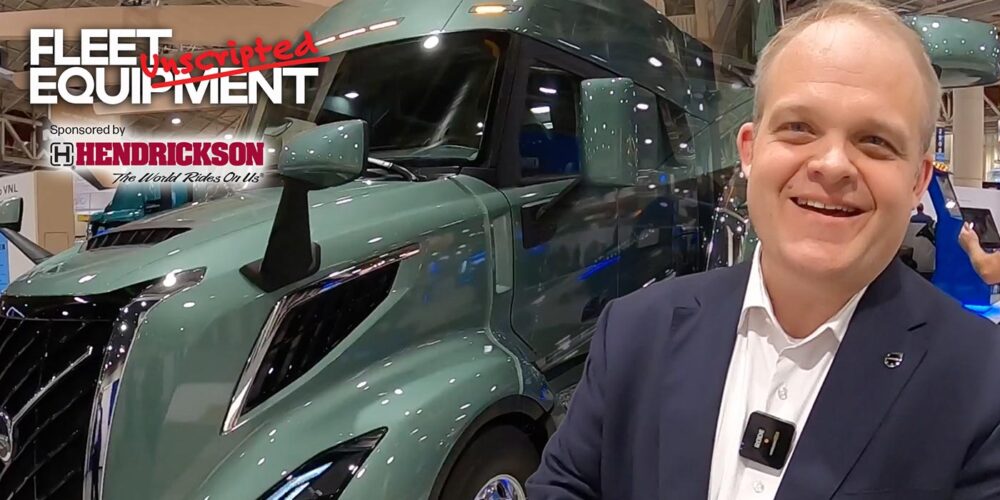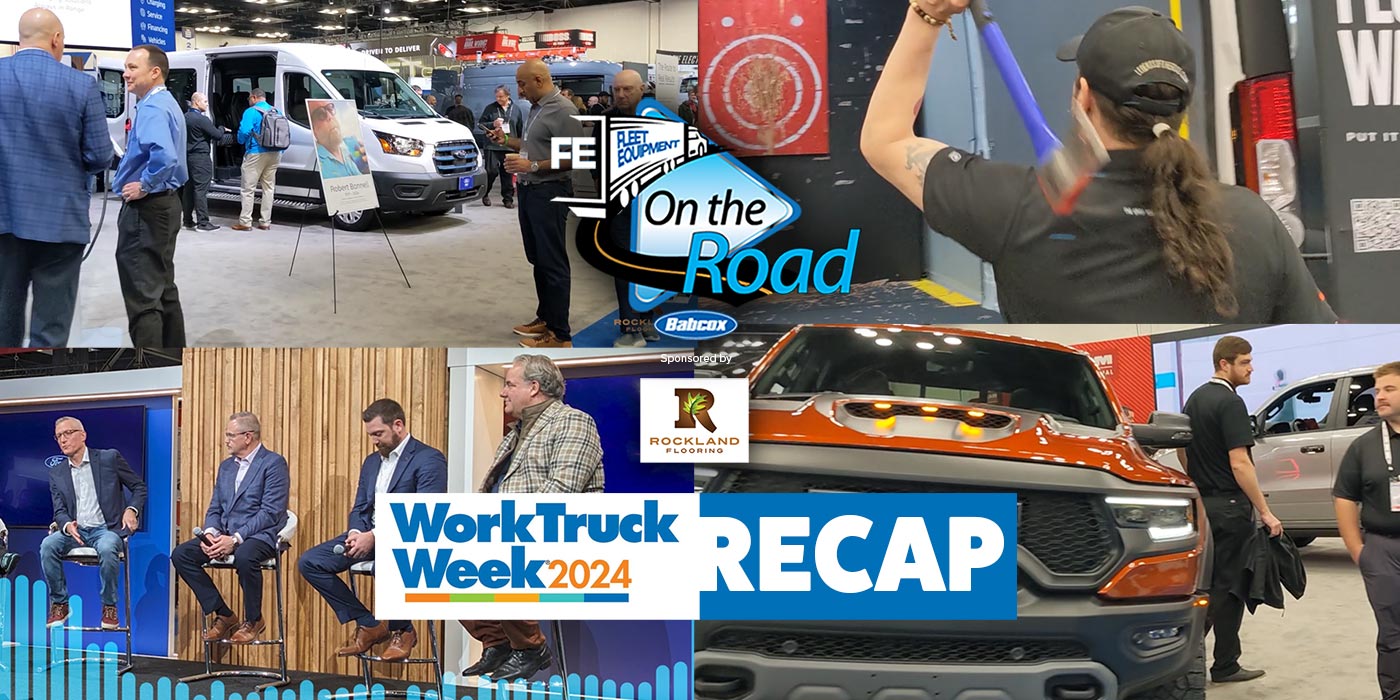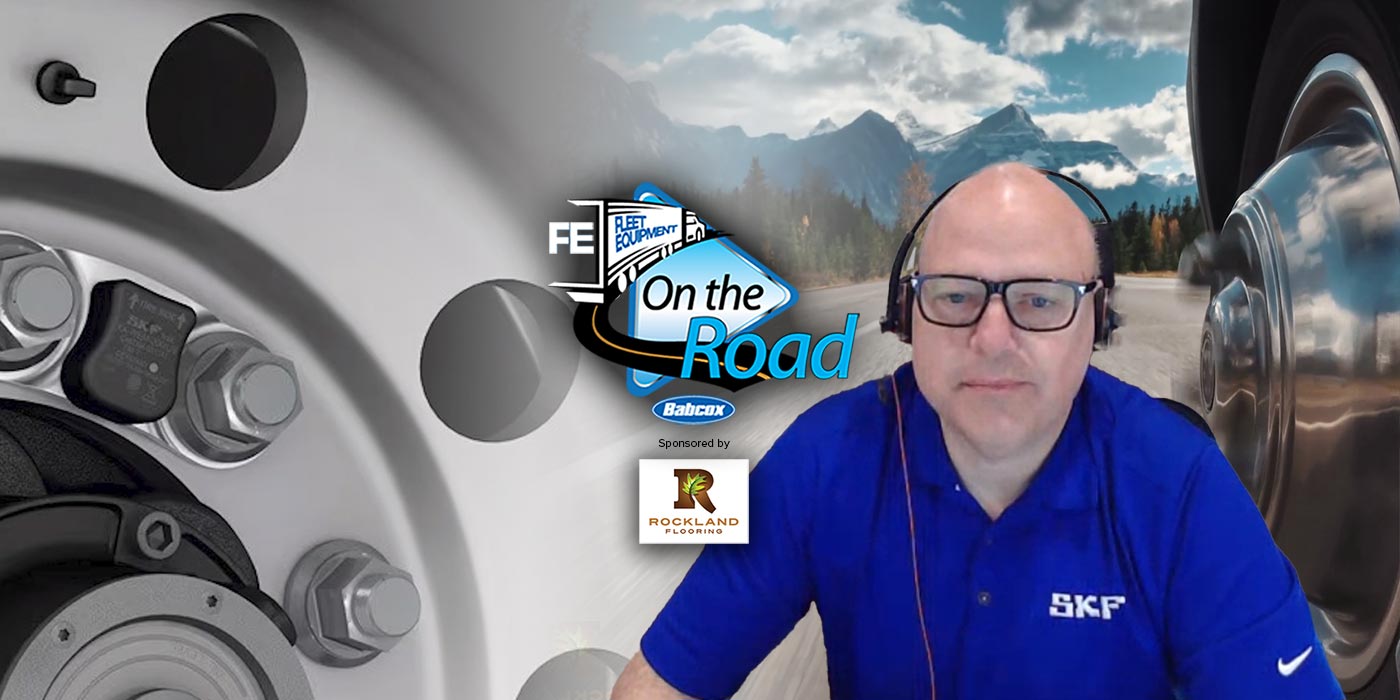Once upon a midnight dreary, I sat behind the wheel, weak and weary. And while I nodded, nearly napping, suddenly there came a tapping, as if someone gently rapping, rapping beneath my truck floor. Such an event thrilled me – filled me with fantastic terrors I’d never felt before. When I brought my truck to the shop, imagine the beating of my own heart as what I’d learned shocked me to my very core.
Actually, it was just the chassis. It was an older truck with no thought put into driver comfort. Eventually, I got a new truck built from the ground up and you’d be amazed how much more comfortable it was.
Click here to watch more of FE’s On the Road video series.
Here is a transcript of the video:
Manufacturers agree: Keeping drivers comfortable and engaged in their work means fleet managers should concentrate on the foundation of the truck—and that means spec’ing the chassis to keep drivers happy.
Fatigue plays a huge role in keeping drivers or operators engaged while on the job. That’s why most trucks – even in the vocational space nowadays, are designed with both quiet and comfortable cabs. Lower noise levels, premium seats and an excellent suspension all add up to greatly reduce fatigue and enhanced productivity, and allows the driver to keep their attention on the road.
The Tale of the Trashy Truck Chassis begins with a truck that doesn’t allow the driver to be comfortable in their environment, and thus the control of the vehicle. An optimized driver environment means OEMs are emphasizing comfort and safety, from the layout of the gauges, placement of the mirrors, seating and even easy to reach switches.
As a fleet manager, consider the chassis as one of the first items on your list to spec; the rest of the truck is literally riding on getting this step right.
Look at the chassis as part of the overall truck system, and work with a dealer who will connect your vision as the fleet manager to that of the truck body builder. Oftentimes, fleet will buy a stock chassis and send it to the body builder, but these chassis may not be configured to accept the intended body. This not only results in extra time and additional expense to have components such as air tanks or battery boxes moved that might be in the way, but it could also lead to an uncomfortable environment for the driver.
Instead, work closely with your body builder of choice to understand their body designs, where they provide additional rigidity, where the body center of gravity is on the truck, and so forth. All together, this will give you the best combination for your fleet, and allow you to avoid your own spooky chassis tale.













